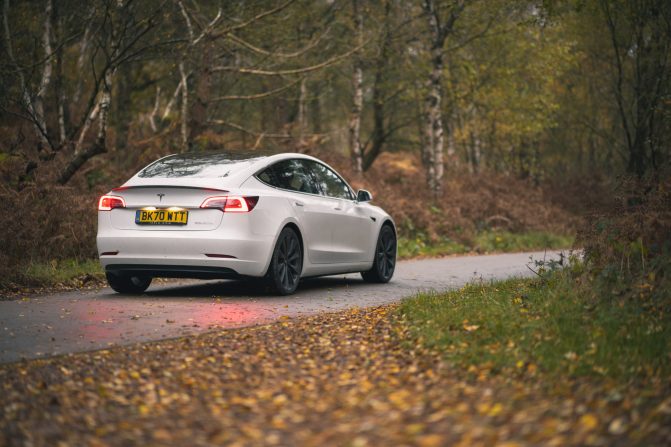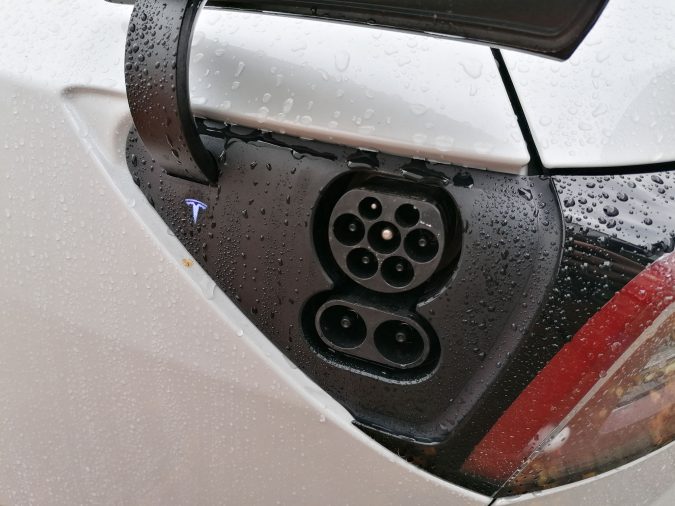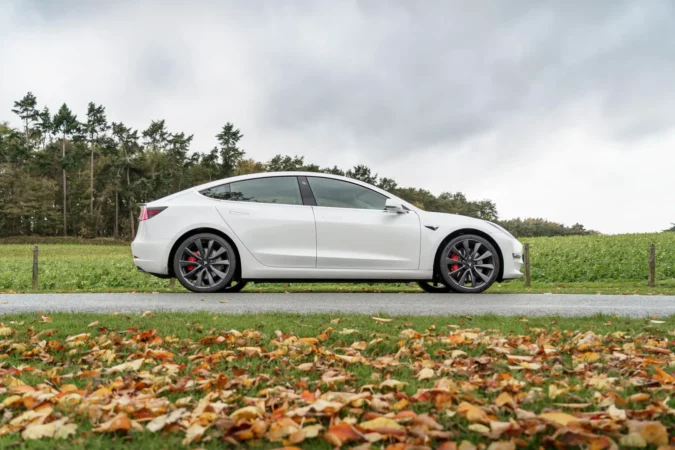Electric vehicles are widely celebrated as the future of transportation. Praised for their lower emissions, reduced running costs, and decreased dependence on fossil fuels, EVs seem like the perfect solution to environmental concerns. However, a deeper dive into the realities of EV ownership, especially in the UK, reveals some significant challenges. Private plate supplier Regtransfers takes a closer look at the lesser-known issues facing EV owners today.
Supply Chain Shake-Up
The transition from internal combustion engines (ICE) to electric vehicles is causing major disruptions in the automotive supply chain. Manufacturers are juggling the phase-out of ICE vehicles while ramping up EV production. This delicate balancing act is particularly significant in the UK, where the motor industry contributes £20.2 billion annually and employs over 800,000 people. Any disruption in this sector could ripple through the economy, affecting jobs, local communities, and consumers.
For car buyers, these upheavals could result in higher prices and unpredictable production schedules. As manufacturers invest heavily in new technologies, these costs often filter down to consumers, making EVs a more expensive option than initially anticipated.
Sticker Shock and Higher Insurance
One of the first hurdles prospective EV buyers face is the high upfront cost. Compared to traditional petrol and diesel cars, EVs come with a significantly higher price tag due to expensive batteries and advanced technology. However, the financial burden doesn’t stop there—EV insurance premiums are typically higher as well. Research from NimbleFins shows that insuring an EV can be up to 13% more expensive than an equivalent hybrid or petrol vehicle.
The reason for these higher premiums is largely due to the cost of repairing or replacing EV components, especially the batteries. Since EV technology is still relatively new, insurers are treading cautiously, factoring in the potential long-term maintenance costs.
Charging Woes and Infrastructure Gaps
Although the UK is working to expand its EV charging infrastructure, there are still significant gaps, particularly in rural areas. Many EV owners face the frustration of searching for available charging stations, only to find them either occupied or out of order. For those without a driveway or garage for home charging—often city dwellers—relying on public charging stations can be an inconvenient and time-consuming experience.
Even when a charging station is available, charging an EV takes considerably longer than refueling a petrol car. Without access to rapid chargers, long trips can become logistically challenging, adding to the frustrations of EV ownership.
The Environmental Double-Edged Sword
While EVs produce zero emissions on the road, the environmental impact of producing the batteries that power them is significant. The extraction of materials like lithium, cobalt, and nickel, essential for EV batteries, often leads to deforestation, water pollution, and other forms of environmental degradation.
Additionally, manufacturing these batteries requires a large amount of energy, often derived from non-renewable sources. In the UK, where fossil fuels still contribute significantly to the energy grid, the environmental benefits of EVs are not as clear-cut as they might seem.
Batteries: Limited Lifespan, High Replacement Costs
Battery longevity is another concern for EV owners. Over time, batteries degrade, leading to reduced range and diminished performance. Factors like frequent fast charging and exposure to extreme temperatures can accelerate this process. Replacing an EV battery can cost thousands of pounds, turning what seemed like a cost-effective purchase into a financial headache.
For many potential buyers, the possibility of having to replace a costly battery down the line adds an extra layer of uncertainty to their decision-making process.
Range Anxiety and Charging Deserts
Despite improvements in EV battery technology, range anxiety—the fear of running out of charge—remains a major concern for drivers. In rural areas, charging points can be few and far between, making long trips a logistical challenge. Drivers are forced to carefully plan their routes, and the lack of reliable charging infrastructure only adds to this anxiety.
Unlike petrol stations, which are widely available and efficient, charging stations can vary significantly in terms of speed and availability, adding to the stress of long-distance travel in an EV.
Tech Troubles and Ethical Dilemmas
EVs are packed with cutting-edge technology, but this can be a double-edged sword. While the advanced tech offers a smoother and quieter driving experience, it can also lead to more frequent technical glitches and software issues.
On top of this, there are ethical concerns surrounding the materials used in EV batteries, particularly cobalt. Cobalt mining has been linked to poor working conditions and significant environmental harm. For consumers trying to make ethical choices, these issues complicate the decision to go electric.
Performance Trade-offs and Changing Driving Habits
While EVs provide a different, often superior, driving experience in terms of torque and acceleration, there are still trade-offs. Many EVs, especially budget-friendly models, don’t offer the same top speeds as traditional petrol or diesel vehicles. Additionally, the added weight of the battery can affect handling, particularly on long motorway journeys. Drivers used to the feel of a traditional car may find it difficult to adjust to the distinct driving characteristics of an EV.
Conclusion
Electric vehicles may represent a greener future, but they come with their own set of challenges. From high upfront costs and insurance premiums to infrastructure issues and environmental concerns, potential EV buyers have a lot to weigh before making the switch. While the technology continues to evolve, these problems remain part of the EV conversation. For now, the road to widespread EV adoption in the UK is far from smooth.






